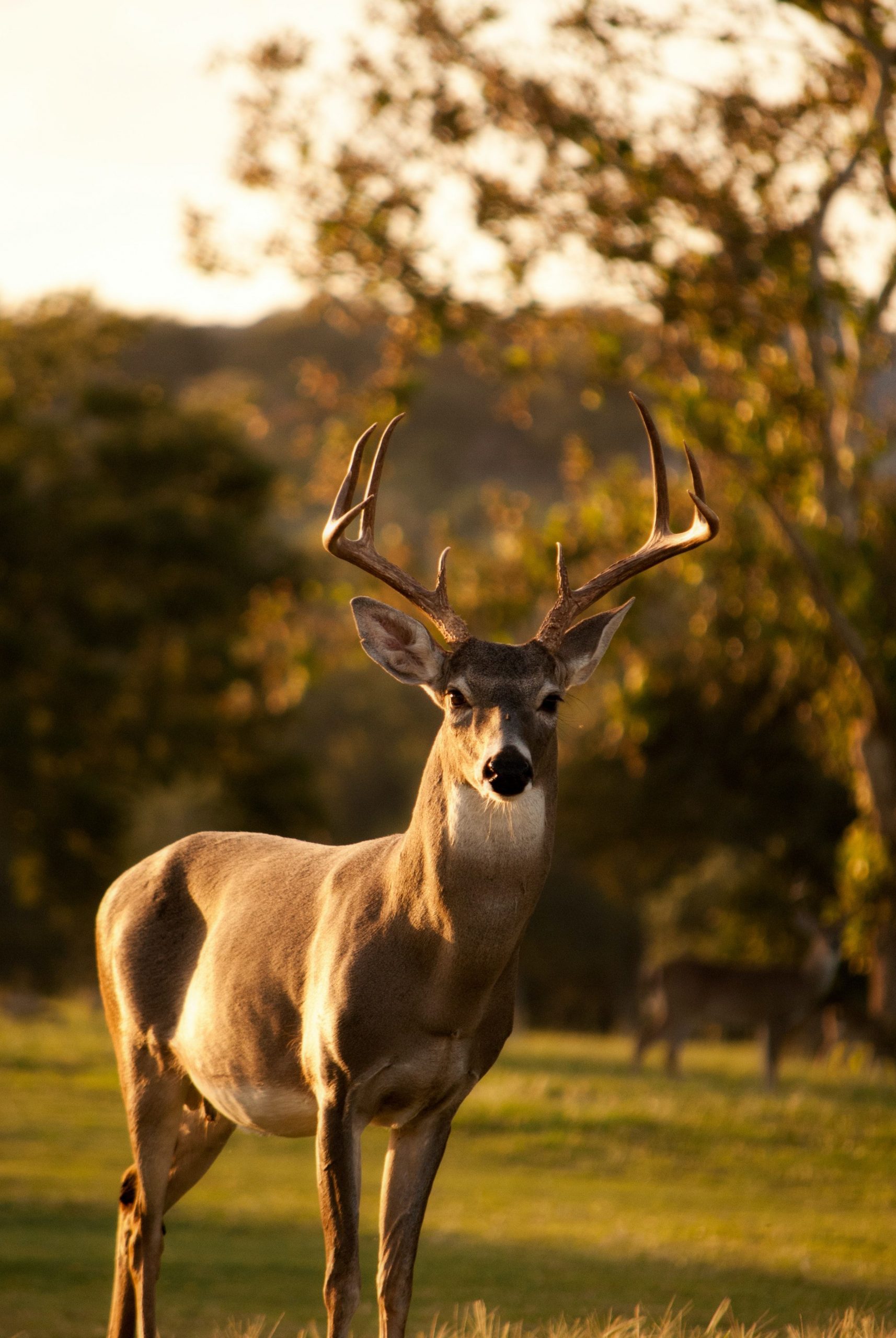The omicron variant of the novel coronavirus was detected in the white-tailed deer population in Staten Island, one of the five boroughs in New York, a recent study has revealed.
This is the first time that the highly contagious variant, believed to be behind the recent COVID-19 waves across the world, was found among wild animals, according to a report by New York Times.
Researchers looked at nasal swabs of nearly 131 deer tested between December 13 and January 31, and found antibodies to the virus in 15% of them, implying that they had been infected with it in the past.
Also Read: Chinese scientists say new COVID-19 test gives results within four minutes
Suresh Kuchipudi, a professor of virology at Penn State who led the research team, told Associated Press, “This sort of opened up the possibility that, like the previous variants, omicron can and has spilled over into animals. So therefore we need to continue to monitor.”
COVID-19 tests on 68 deer also showed seven of them were harbouring the virus at the time. Moreover, the scientists discovered a breakthrough case of infection in one of the deer, who had antibodies from a previous infection.
The study is yet to be published in a scientific journal. It is a collaborative effort between the Penn State researchers, the NYC Department of Parks and Recreation, non-profit White Buffalo, and others, and is funded by the USDA’s National Institute of Food and Agriculture.
Also Read: Indian scientists develop new tech to detect COVID-19, HIV, Ebola, and more
Vivek Kapur, a veterinary microbiologist at Penn State University, and one of the researchers said, “The circulation of the virus in deer provides opportunities for it to adapt and evolve. And it’s likely to come back and haunt us in the future.”
The latest findings add to existing evidence from 13 other states that white-tailed deer could be vulnerable to the virus. In places like Kansas, Minnesota, New York, Tennessee, Virginia, and Arkansas, earlier variants of the virus had been known to have affected animals.
Also Read: Children can carry omicron COVID strain without health consequences: study
“The major concern is that when we let the virus circulate in any animal host, in addition to humans, the complexity of virus evolution becomes very, very difficult to assess and comprehend. So the bigger question is, the unmonitored or unchecked transmission of SARS-CoV-2 in deer and potentially other animals could result in the emergence of completely novel variants that might potentially undermine the protection provided by the current vaccines,” Kuchipudi said, according to the Associated Press report.







